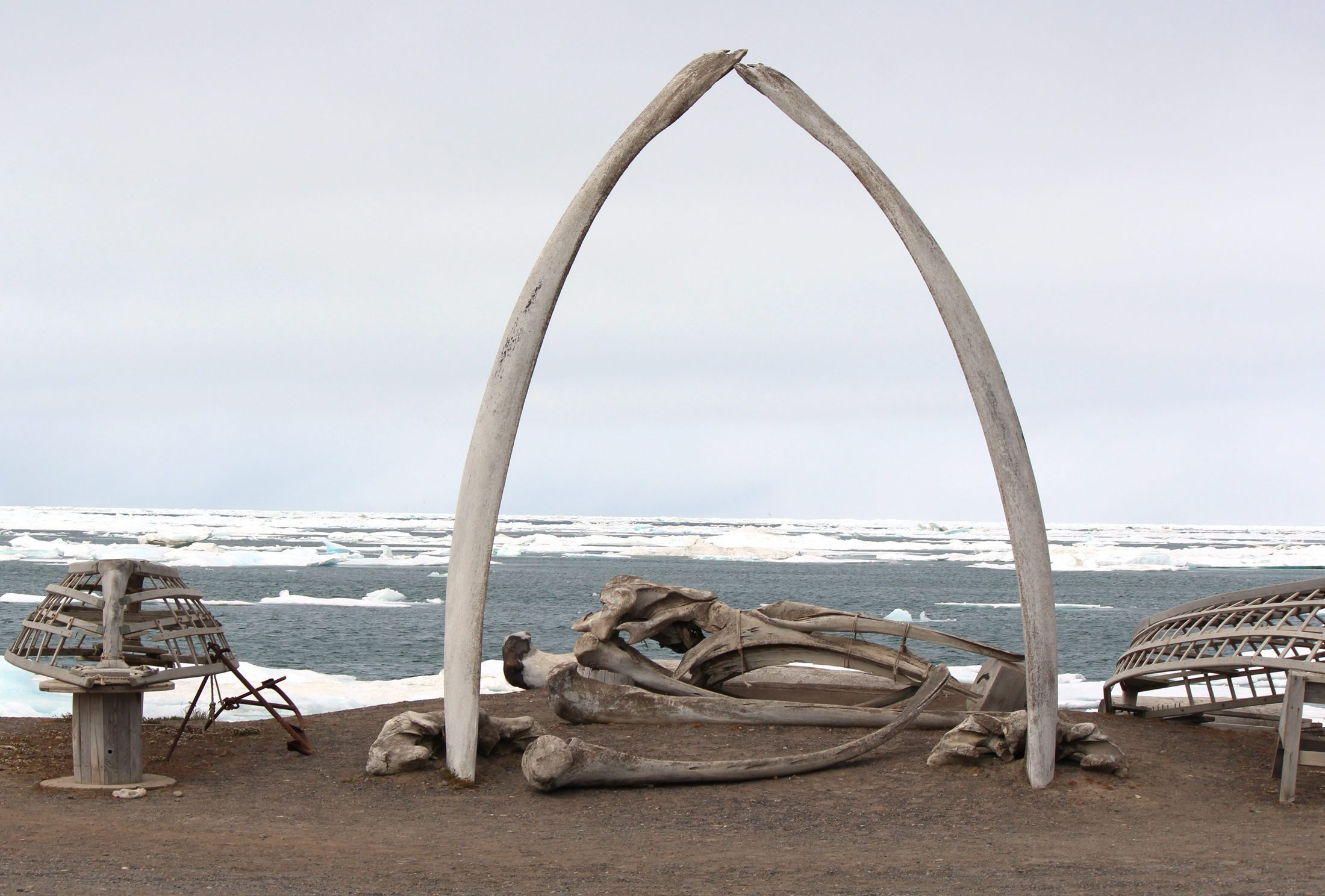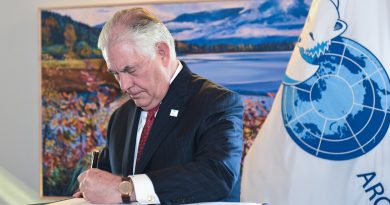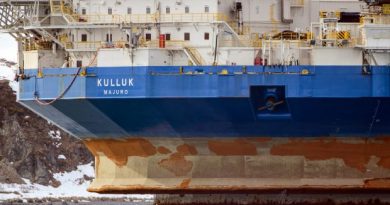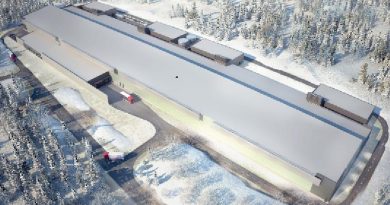Arctic Alaskan city of Barrow votes to change name to Utqiagvik

Utqiagvik. That’s the name that Barrow will now be identified as.
By a margin of six votes, residents of Barrow have voted to change the name of their city back to its Inupiaq name. City council member Qaiyaan Harcharek started the process this summer.
TOWNSEND: I realize that Inupiaq words may not have a direct translation into English, but tell us about the meaning behind the name of your city now.
HARCHAREK: I guess it goes back to a conversation that some folks were having in the 1978 Elder’s Conference, and that question was asked, “What does Utqiagvik mean?”. One gentleman had mentioned that, as he recalled, it was as the whaler and outsiders began coming to Barrow and bringing in other good, including different Western food, one of them was potatoes, and i believe the word for potato was oatkuk, and we also collect different types of roots that are starches and so-forth. And it had to do with potatoes and a place to gather potatoes.
TOWNSEND: Before absentee and questioned ballots were counted, the vote was tied. What were the objections to changing the name?
HARCHAREK: There’s some folks that are afraid of change and change is often times a daunting task and I believe it stems back to how well of a job that the missionaries and the Western folks in BIA schools, how good of a job they did at assimilating our people. And so, Barrow’s name came from Sir John Barrow from Frederick Neitzsche naming this area after a buddy of his and that took. And I think it has deeper meaning to that than that our people were severely punished from speaking our traditional language for many years. And a lot of those folks that are around today don’t have that internal oppression where they’re afraid of that.
TOWNSEND: Qaiyaan, why is this important?
HARCHAREK: It’s important to me and many of us because our language is severely threatened and I think it’s time we begin healing and this is a literal step into to that decolonization.
TOWNSEND: How excited are you about making this transition?
HARCHAREK: I’m extremely excited. It’s a time for our people for that decolonization process to begin. The reclaiming and honoring of our ancestral language and it’s exciting for it to happen on what people are calling Indigenous Peoples’ Day was extremely serendipitous and it means a lot.
Related stories from around the North:
Canada: Inuit-language movie named best Canadian film of all time by TIFF, Eye on the Arctic
Finland: English language dominance worries language teachers in Finland, Yle News
Greenland: (VIDEO) The importance of perserving the Inuit language, Eye on the Arctic
Norway: Sami languages disappear, The Independent Barents Observer
Sweden: Sweden to expand teaching of minority languages, Radio Sweden
Russia: More students in North Finland opting to study Russian, Yle News
United States: Words ‘Eskimo’ and ‘Aleut’ scrubbed from 2 U.S. laws, yet live on in others, Alaska Public Radio Network




I find it very ironic, as well as hypocritical, that so-called “native people” are talking about the evil of colonization when they have done the same thing to others that are also so-called “native people,” as well as had populated, as well as claimed areas in the past. Unless and until you can prove that your particular part of the HUMAN race is completely free of doing the same thing towards others in the past, your claims are hypocritical.